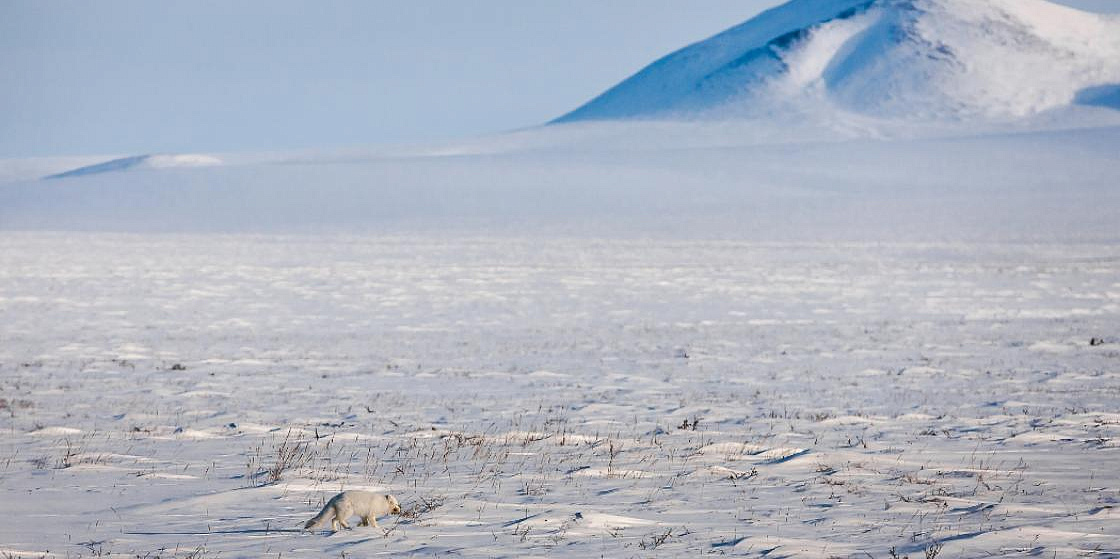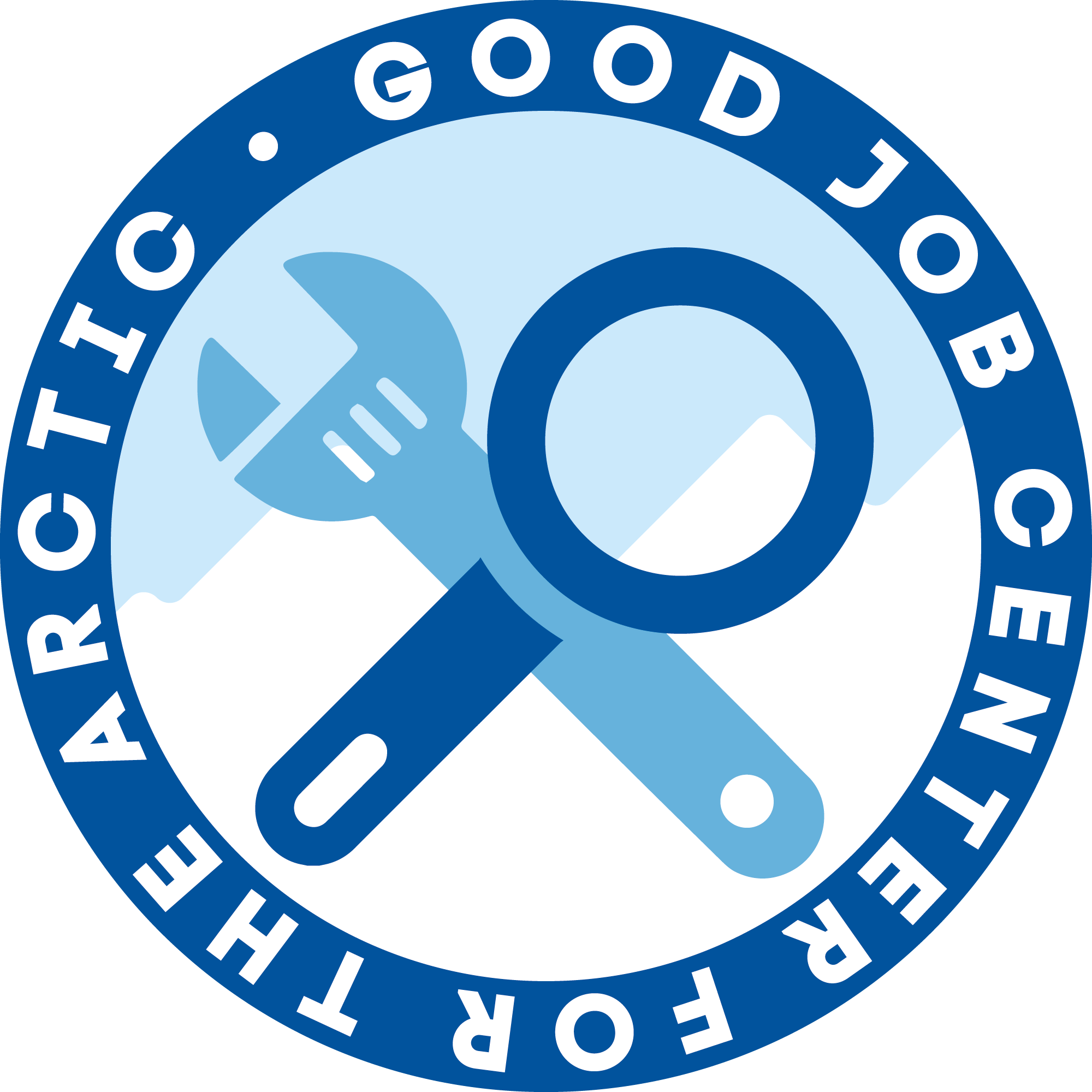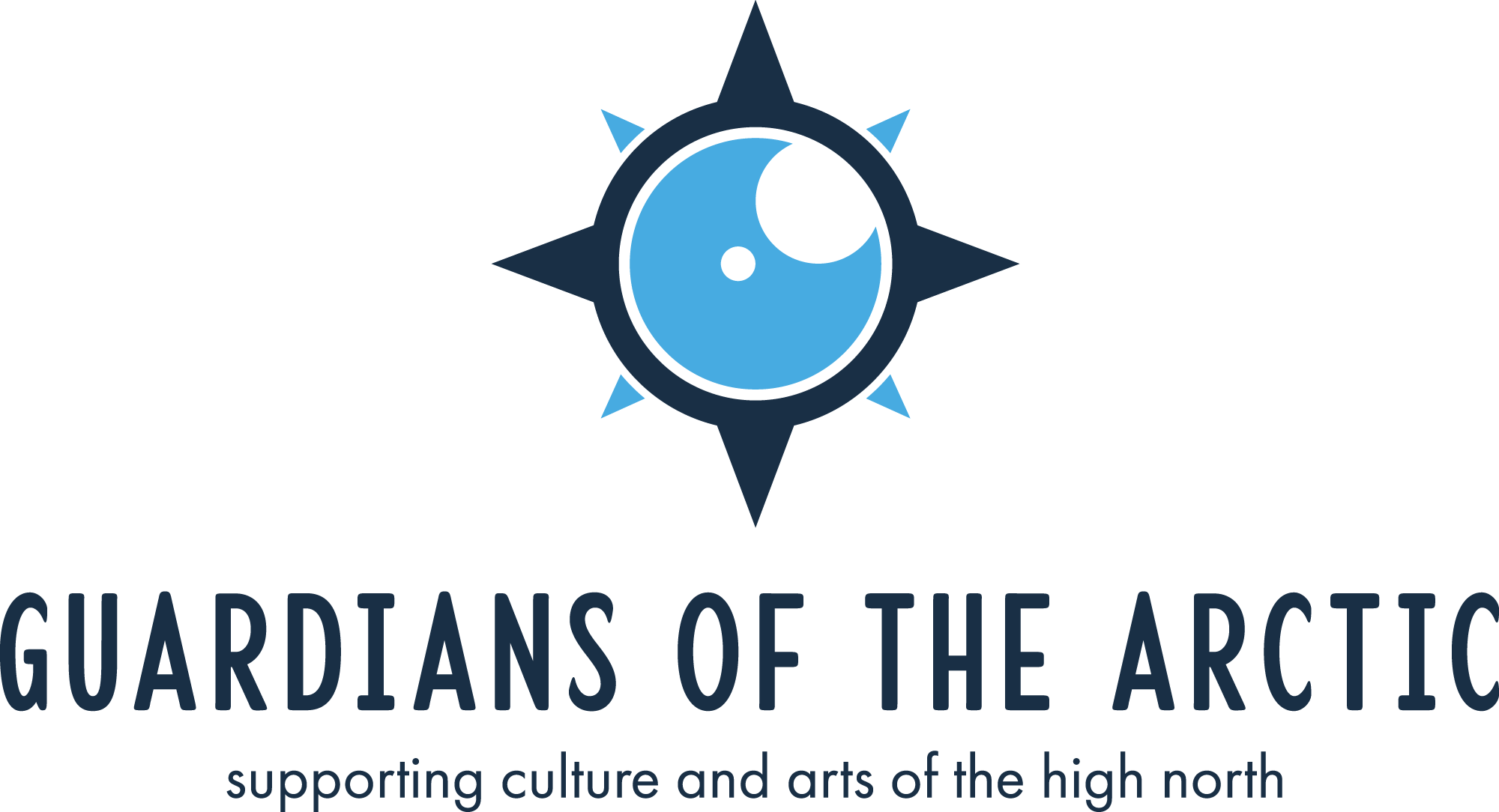
Photo: Dolya Sergey/GeoPhoto.ru
GHG Research Facility to Be Established in Yakutia
Work is underway to establish a greenhouse gas monitoring facility focused on permafrost research and climate change in the Yakut Republic. This was stated by two universities, the North-Eastern Federal University (NEFU) and the Arctic State Agrotechnological University (ASAU) operating in the region.
According to the ASAU’s management, an application for a grant to launch such facility is already being prepared by the university. In parallel, the university is in negotiation with concerned mining and oil/gas companies, as well as partner colleges to cooperate on this project.
In turn, the NEFU believes that such carbon monitoring facilities may be established at the already existing permanent forest study areas operated by the NEFU, the Cryolite Zone Biology Institute, and the RAS Institute for Permafrost Studies. This could help not only improve research efficiency through synergy, but also create more added value at lower cost.
A wide cooperation between all Russian-based GHG monitoring sites is needed, the NEFU says. According to the university, an integrated methodology guide for such facilities should be designed by the Russian Academy of Science in cooperation with independent research bodies.
GHG monitoring facilities are sites established with a view to researching the GHG impact on the climate. In the Yakut Republic, a large portion of whose territory is underlain by permafrost and covered with forests, these facilities will also be used to study how greenhouse gases affect permafrost. Understanding the inner workings of permafrost is crucial in terms of forecasting climate change in high latitudes, as the thawing of permafrost is estimated to account for 10 to 15 percent of warming within the next eighty years.
Arctic Today is a column by PORA CEO Alexander Stotskiy analyzing major international, national and regional events and trends in the Arctic.



